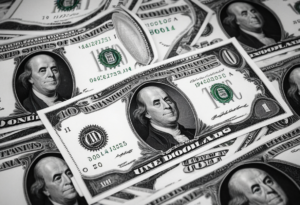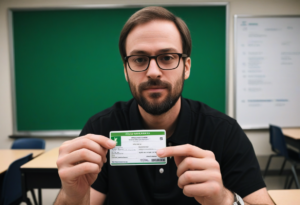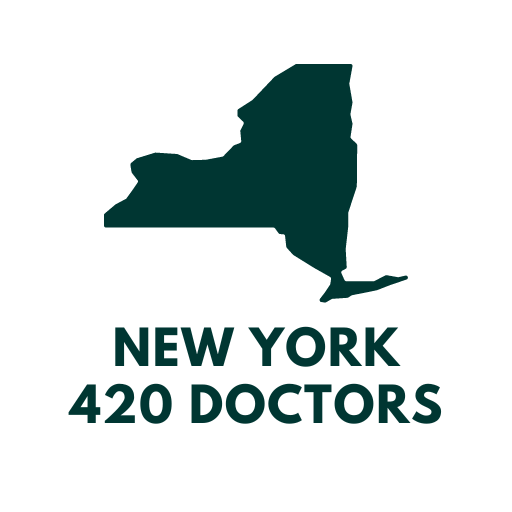The process of getting a Medical Marijuana Card in New York can seem complex, but the costs involved are generally straightforward. Understanding the expenses associated with applying for a card, consulting with a certified doctor, and maintaining the card through renewal is essential for any patient considering medical marijuana as a treatment option. In this article, we will break down the various costs involved in getting a NY Medical Marijuana Card, from consultations to registration fees, and how these costs can vary depending on different factors.
Doctor Consultation Fees for a Medical Marijuana Card

The first step in obtaining a Medical Marijuana Card NY is consulting with a registered healthcare provider. Only New York Medical Marijuana Doctors certified by the state can issue the necessary certification. The cost for this consultation can vary significantly, depending on the provider, location, and whether the consultation is done in person or via telemedicine.
In-person consultations: These generally cost anywhere from $100 to $300 depending on the doctor’s experience and the length of the consultation. Some doctors may offer lower rates for follow-up consultations if a renewal is needed.
Telemedicine consultations: One of the more recent developments in the medical marijuana program is the ability to consult with a doctor via telemedicine. This has made it more convenient for patients, especially those with mobility issues or those living in rural areas. Telemedicine consultations tend to be slightly less expensive, ranging from $100 to $200, as they do not require physical office space or the same overhead as in-person visits.
It’s important to note that insurance does not usually cover these consultations, so patients will have to pay out-of-pocket. Once the doctor has evaluated your medical condition and determined that you qualify, they will issue the certification needed to apply for your New York Medical Marijuana Card.
Registration Fees with the New York Department of Health

After receiving certification from a New York Medical Marijuana Doctor, the next step is registering with the New York State Department of Health. This registration is a requirement to receive your NY Marijuana Card.
State registration fee: New York originally required a $50 registration fee, but in recent years, this fee has often been waived to make the program more accessible to patients. However, patients should still check the official New York State Medical Marijuana Program website to confirm if the fee waiver is still in place at the time of their application.
Once registered, patients receive a temporary card via email, which they can use immediately to purchase medical marijuana. The physical card will be mailed to the patient’s address within 7 to 10 business days.
Additional Costs: Medical Marijuana Products and Dispensary Visits

Beyond the costs of the Medical Marijuana Card in New York, patients should also be aware of the expenses involved in purchasing cannabis from licensed dispensaries.
Product costs: Medical marijuana products in New York can vary in price depending on the form (e.g., oils, tinctures, edibles, or smokable flower) and the potency of the product. On average, patients can expect to spend around $100 to $300 per visit, depending on their medical needs and the type of product they choose.
Medical marijuana products in New York are taxed, though patients benefit from lower tax rates compared to recreational marijuana users. Licensed dispensaries across the state offer a wide range of products, and patients are encouraged to speak with dispensary staff to find the product that best meets their medical needs.
Renewing Your Medical Marijuana Card

A NY Medical Marijuana Card is valid for one year. Before it expires, patients must return to their New York Medical Marijuana Doctor for re-evaluation and certification renewal. The renewal process typically involves another consultation, similar to the initial application, where the doctor will assess your ongoing need for medical marijuana treatment.
Renewal fees: The cost of renewing your Medical Marijuana Card NY is generally the same as the initial consultation, ranging from $100 to $300 depending on the doctor and whether the consultation is conducted in person or via telemedicine.
Registration renewal: Patients do not have to pay an additional registration fee to the state when renewing their card, as long as they maintain continuous certification from their doctor.
Are There Any Ways to Lower the Cost?

While the costs for obtaining a New York Medical Marijuana Card may seem high, there are some ways to reduce expenses:
Fee waivers: As mentioned, the state has waived the $50 registration fee in the past. Patients should check to see if this waiver is still in place.
Discounted doctor consultations: Some doctors offer discounted rates for veterans, seniors, or patients with financial difficulties. It may be worth asking about discounts when scheduling a consultation.
Medical marijuana insurance coverage: Unfortunately, at this time, health insurance does not cover medical marijuana consultations or products. However, some states are exploring the possibility of insurance coverage in the future, so this may change.
Loyalty programs at dispensaries: Many dispensaries offer loyalty programs or discounts for repeat customers, which can help reduce the cost of medical marijuana products over time.
Conclusion
The cost of obtaining a Medical Marijuana Card in New York can vary, but understanding the fees involved can help patients prepare for the process. The initial consultation with a New York Medical Marijuana Doctor will likely be the most significant cost, ranging from $100 to $300, with telemedicine often offering a lower price point. The registration fee has been waived in recent years, and dispensaries offer a range of products to suit different budgets. Patients should plan for the yearly renewal of their NY Marijuana Card, which also incurs a cost.
For patients who meet the qualifying conditions, the cost of the New York Medical Marijuana Card is a small investment in managing their health and improving their quality of life.

